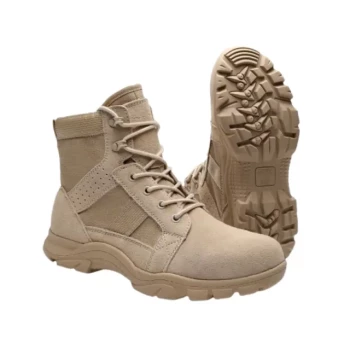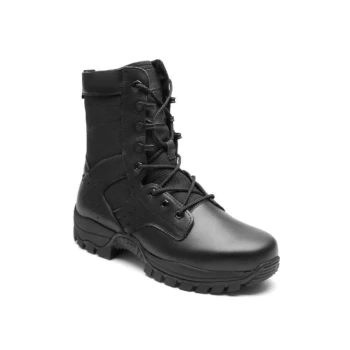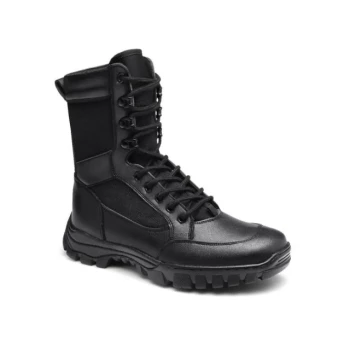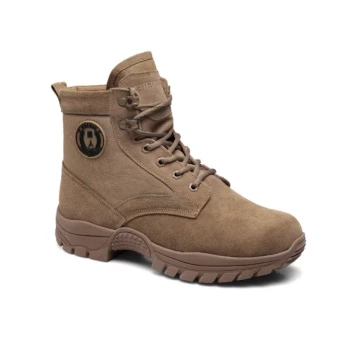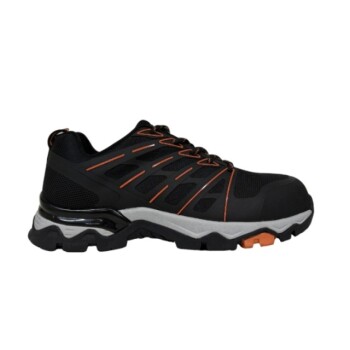Recycled rubber Wellington boots primarily protect the environment by diverting waste from landfills and significantly lowering the carbon footprint associated with raw material extraction. By reusing existing rubber rather than harvesting or synthesizing new materials, manufacturers reduce the energy consumption required for production while maintaining the necessary durability for outdoor use.
The environmental value of recycled Wellington boots lies in closing the production loop. They extend the lifecycle of existing materials, minimize the need for virgin resources, and offer a sustainable alternative to single-use synthetic footwear without sacrificing performance.
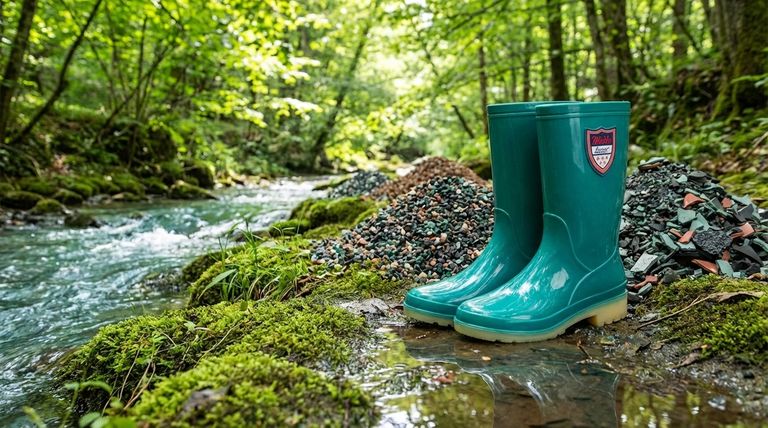
Reducing the Footprint of Production
Minimizing Resource Extraction
The most immediate benefit of recycled boots is the conservation of raw materials. Conventional manufacturing requires the continuous harvesting of natural latex or the extraction of petroleum for synthetic alternatives.
By utilizing recycled rubber, manufacturers bypass the initial stages of raw material processing. This reuse directly lowers the cumulative environmental impact associated with creating a new product from scratch.
Energy Efficiency in Manufacturing
Processing virgin materials is an energy-intensive process. Reusing materials typically requires less energy than processing raw rubber or synthesizing plastics.
This efficiency translates to a lower carbon footprint for each pair of boots produced. It shifts the industry focus from extraction to re-manufacturing.
Managing the Product Lifecycle
Diverting Landfill Waste
A critical environmental challenge with footwear is disposal. Standard boots often end up in landfills, contributing to long-term waste.
Recycled boots address this by repurposing old wellies that would otherwise be discarded. Through manufacturer take-back programs, materials are kept in circulation rather than becoming static waste.
The Role of Biodegradability
It is important to distinguish between synthetic and natural rubber. Natural rubber is biodegradable and renewable, meaning it eventually breaks down rather than persisting in the environment indefinitely.
When recycled boots are made from natural rubber sources, they retain these eco-friendly properties. This ensures that even at the absolute end of their life, they leave a minimal trace.
Durability as an Eco-Feature
Longevity Reduces Consumption
Sustainability is not just about materials; it is about how long a product lasts. Recycled rubber boots are designed to be durable and resistant to wear and tear.
A boot that resists cracking and leaking does not need to be replaced as often. This longevity reduces the overall demand for new footwear, thereby slowing down the cycle of consumption and waste.
Performance Without Compromise
Choosing eco-friendly options does not require sacrificing utility. Recycled natural rubber maintains exceptional flexibility and waterproofing properties.
These boots provide the same protection from the elements as their non-recycled counterparts. This ensures that the sustainable choice is also a practical choice for the user.
Understanding the Trade-offs
The Dependence on Take-Back Programs
While the technology to recycle exists, the infrastructure is not universal. Recycling often relies on specific manufacturer take-back programs.
Not all municipal recycling centers can process rubber boots. Users must often proactively seek out organizations or brands that accept serviceable boots for reuse or recycling.
Material Purity Concerns
Recycling is most effective when the source material is consistent. If recycled rubber is mixed with various synthetics, it may impact biodegradability.
While natural rubber is biodegradable, a recycled blend containing synthetic compounds may not break down as cleanly. It is essential to understand the composition of the recycled material.
Making the Right Choice for Your Values
To maximize your environmental impact, align your purchase with your specific sustainability goals.
- If your primary focus is Reducing Waste: Prioritize brands with active take-back programs that ensure your boots are recycled again at the end of their life.
- If your primary focus is Biodegradability: Choose boots made from recycled natural rubber, avoiding synthetic blends that persist in landfills.
- If your primary focus is Longevity: Look for boots praised for resistance to wear and tear, as a longer lifespan is the most efficient form of sustainability.
True sustainability in footwear is achieved when durability meets responsible lifecycle management.
Summary Table:
| Environmental Benefit | Key Impact |
|---|---|
| Waste Reduction | Diverts used rubber from landfills |
| Resource Conservation | Lowers demand for virgin raw materials |
| Energy Efficiency | Reduces carbon footprint in production |
| Durability | Extends product lifespan, reducing replacement frequency |
| Biodegradability | Natural rubber options break down cleanly |
Looking for sustainable, durable Wellington boots in bulk?
As a large-scale manufacturer, 3515 produces a comprehensive range of footwear for distributors, brand owners, and bulk clients. Our production capabilities encompass all types of shoes and boots, including eco-friendly options made from recycled materials. We help you meet sustainability goals without compromising on quality or performance.
Contact us today to discuss your requirements and explore how we can support your business with high-quality, environmentally responsible footwear.
Visual Guide
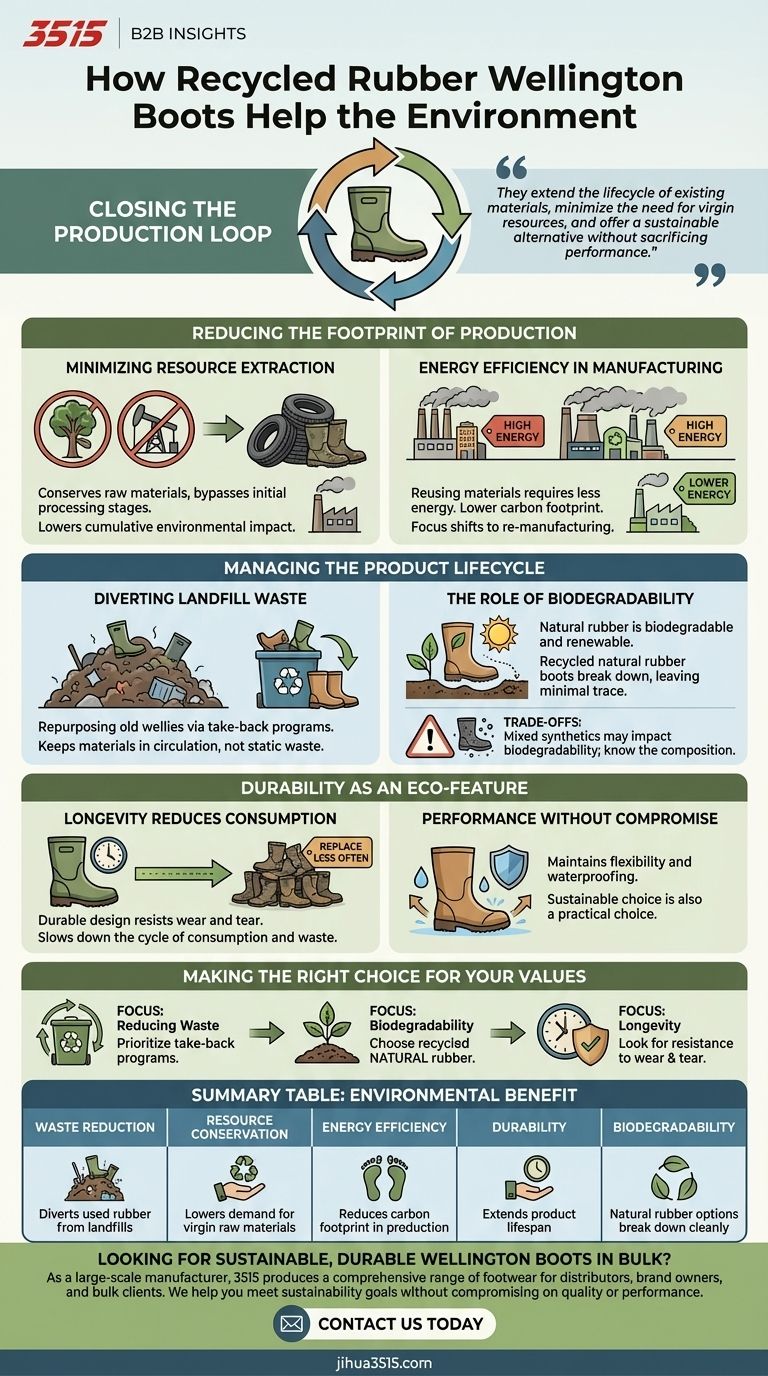
Related Products
- Factory Direct Wholesale Rain Boots Durable Waterproof & Fully Customizable
- Factory-Direct Wholesale Canvas Boots with High-Traction Rubber Soles
- Safety Footwear Wholesale Manufacturer for Custom OEM/ODM Production
- High Performance Fire-Retardant Waterproof Safety Boots
- Wholesale High-Traction Camo Boots - Custom Manufacturer for Brands
People Also Ask
- What are rain boots made of? Discover the best materials for ultimate waterproof protection.
- What are the drawbacks of rubber boots regarding breathability and comfort? Understanding the Moisture Trap
- What variety of rubber boots is available? From Rain to Safety and Medical Solutions
- What factors should be considered when choosing rain boots? Find the Perfect Boot for Your Needs
- What mechanical challenges arise for protective footwear in flood transitions? Ensure Stability in Dynamic Environments






